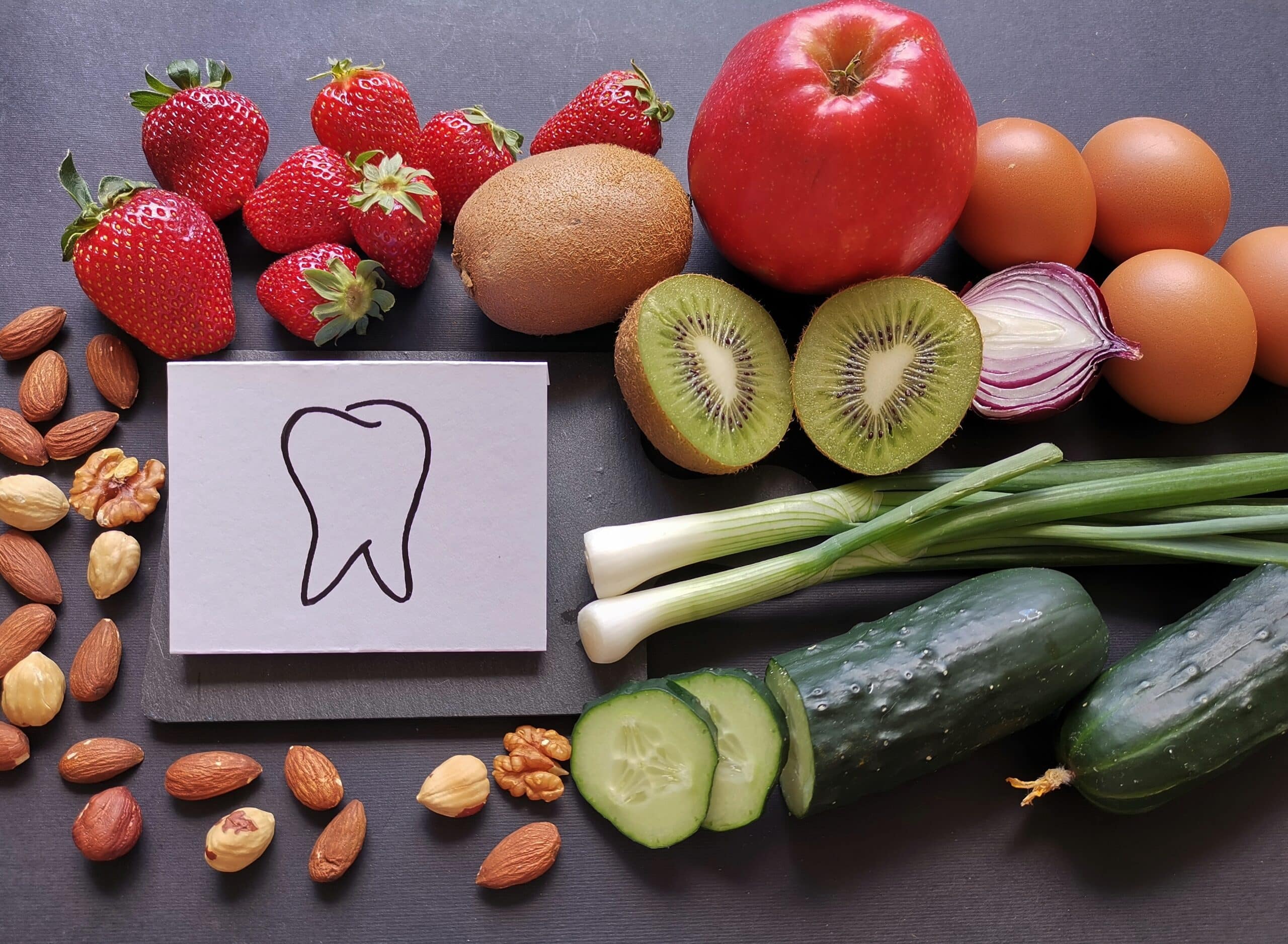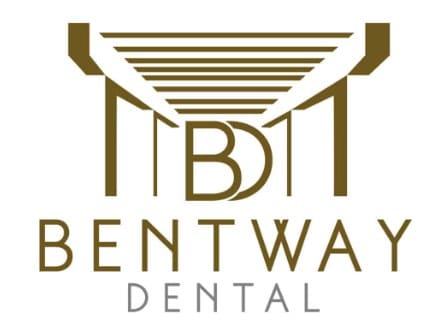If you have bad breath, bleeding gums, or loose teeth, the problem may not be in your mouth. Your body may be lacking certain nutrients necessary for maintaining healthy teeth and gums. A healthy diet reduces your risk of developing dental caries or cavities and periodontal disease as well as keeping your teeth clean and white.
A healthy diet is essential to maintaining healthy teeth and gums
While you may not be able to see them, your teeth and gums are part of your body’s largest organ called the oral cavity. Like any other part of the body, they need proper care to stay healthy. A healthy diet is essential for maintaining good oral health.
A healthy diet will help reduce the risk of tooth decay and gum disease, two common problems that affect millions worldwide each year. It can also help prevent oral cancer, which kills more than 7,000 people annually in America alone.
Eat foods that are rich in Vitamin C
You should also eat foods that are rich in Vitamin C. Vitamin C is an antioxidant and it helps protect against gum disease, strengthen teeth, and repair damage. It can also prevent tooth decay by preventing plaque build-up on the surface of your teeth.
Vitamin C helps keep the immune system strong so it fights off infections like colds and flu which can cause inflammation in your mouth that leads to redness, swelling, and pain.
Avoid sugary drinks and drinks with artificial sweeteners
It’s important to avoid sugary drinks and drinks with artificial sweeteners. Sugary beverages, including soda and sports drinks, can cause cavities. The sugar in these drinks mixes with plaque on your teeth and creates acid that damages the enamel of your teeth.
Artificial sweeteners may also contribute to tooth decay because they also contain sweetening agents that bacteria love to feed on. The best way to protect your oral health is by drinking water. It won’t harm your teeth or gums as sugary beverages will!
Chew sugar-free gum after meals
Chewing gum after meals helps to reduce the acidity of your mouth. It also helps to clean teeth and remove plaque, stimulates saliva production, and reduces the risk of tooth decay.
Chew sugar-free gum for at least 20 minutes after every meal or snack that contains carbohydrates like bread or cereals.
Drink milk or milk products
As a whole, milk and milk products are good sources of calcium. They also contain vitamin D, protein, phosphorus, riboflavin or vitamin B2, and other nutrients that help maintain healthy teeth and gums. Dairy foods like yogurt also contain probiotics. These are good bacteria that help keep your mouth healthy.
When choosing dairy products go for things with other health benefits like yogurt or cheese instead of ice cream. It may be a change of pace when you are snacking in front of the TV but you will notice an improvement in your health over time.
Consume foods rich in minerals, including calcium and phosphorous
Calcium is found in dairy products but is also found in broccoli, kale, and almonds. The body also uses phosphorous to produce saliva that helps fight cavities by neutralizing acids produced by bacteria on the teeth. Phosphorous is found in dairy products such as milk and cheese, fish, beans, and nuts like almonds or walnuts
Brush your teeth at least twice a day for 2 minutes each time
Brushing and flossing are excellent ways to maintain teeth health. Be sure to use a soft-bristled brush and fluoride toothpaste to scrub the teeth, gums, and tongue.
Brushing may not always be convenient. Rinse with water after you eat if you can’t brush immediately. You should also rinse with water if you drink anything acidic. This will help prevent acid from damaging the enamel on your teeth and causing cavities in between them.
If your
dentist recommends it, use mouthwash that contains alcohol or some other antibacterial agent every morning before breakfast to kill bacteria in the mouth that cause plaque buildup overnight while you sleep.
Have your teeth cleaned and examined by a dental hygienist every 6 months or more often if required.
To maintain healthy teeth and gums, it’s important to have your teeth cleaned by a dental hygienist every 6 months or more often if required. The dental hygienist will inspect the condition of your mouth, remove plaque from above and below the gum line, and recommend ways for you to improve oral hygiene at home.
Dental hygienists are trained in preventive care techniques that can help prevent cavities and gum disease. They also know how to use different types of floss to remove food particles from between
teeth that may not be visible during brushing alone.
In addition to cleaning teeth, dental hygienists provide advice about diet changes that could improve oral health as well as recommendations for daily brushing habits.
It’s important to remember that good oral hygiene is a lifelong habit. You may still have problems with your teeth and gums even if you follow all the above recommendations for healthy eating, but it will help you maintain a better mouth overall. The best thing about this approach is that it works for everyone, no matter what situation you are in or what type of diet you prefer!




